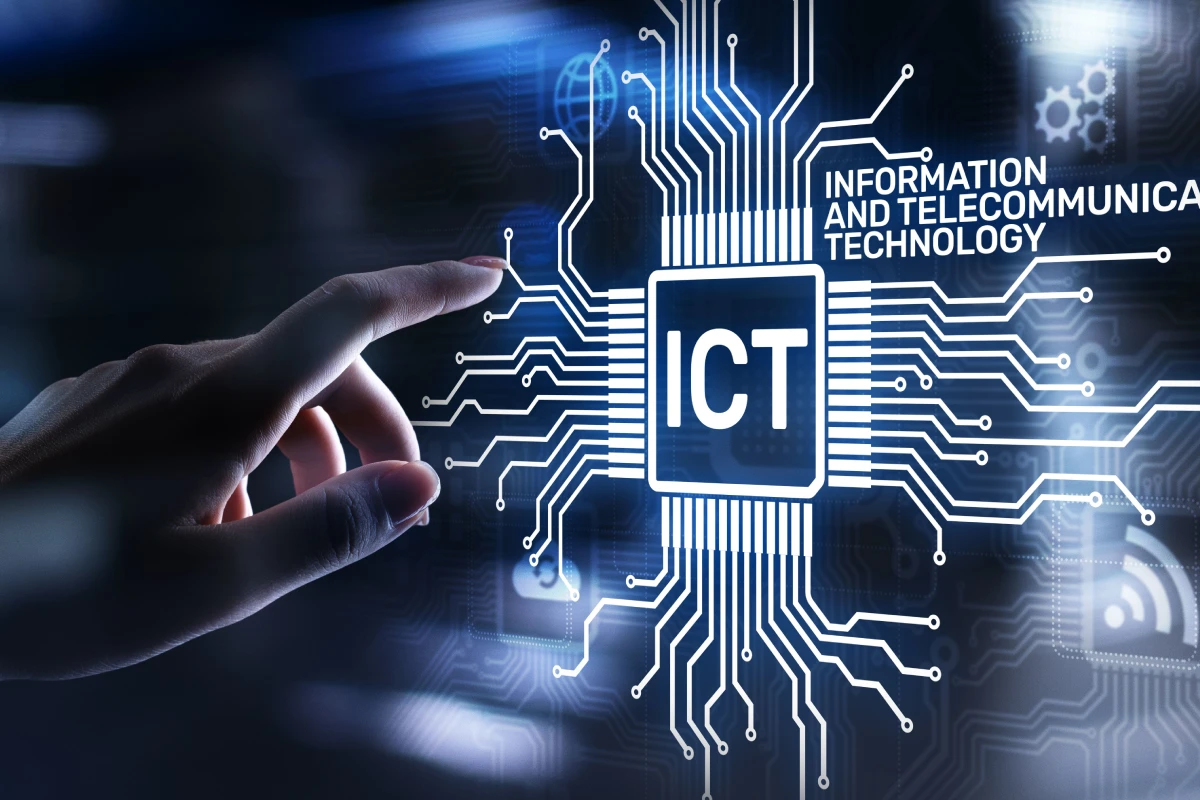
💻 Course Summary: Computer Applications Technology – Grade 12
Welcome to the Grade 12 Computer Applications Technology (CAT) course. This course is designed to deepen your understanding of essential computer concepts that support everyday digital life and workplace readiness. It focuses on the following core topics:
-
Hardware – Explore the physical components of a computer system, including input/output devices, memory, and processing units.
-
Software – Learn about system software, application software, and how different programs interact with hardware to complete tasks.
-
Networks – Understand the basics of computer networks, including types of networks, communication devices, and data transfer.
This course is aligned with the CAPS curriculum and includes interactive activities, videos, quizzes, and self-assessments to enhance your learning. You will be guided through each topic with clear objectives and learning outcomes.
By the end of the course, you will be able to:
-
Identify and describe major hardware and software components.
-
Differentiate between types of memory and storage.
-
Understand basic network infrastructure and terminology.
-
Apply your knowledge in real-world digital scenarios.
Get ready to build your ICT skills and prepare for your final CAT exams with engaging content, practical assessments, and multimedia resources.
- Teacher: Sethu Sibiya